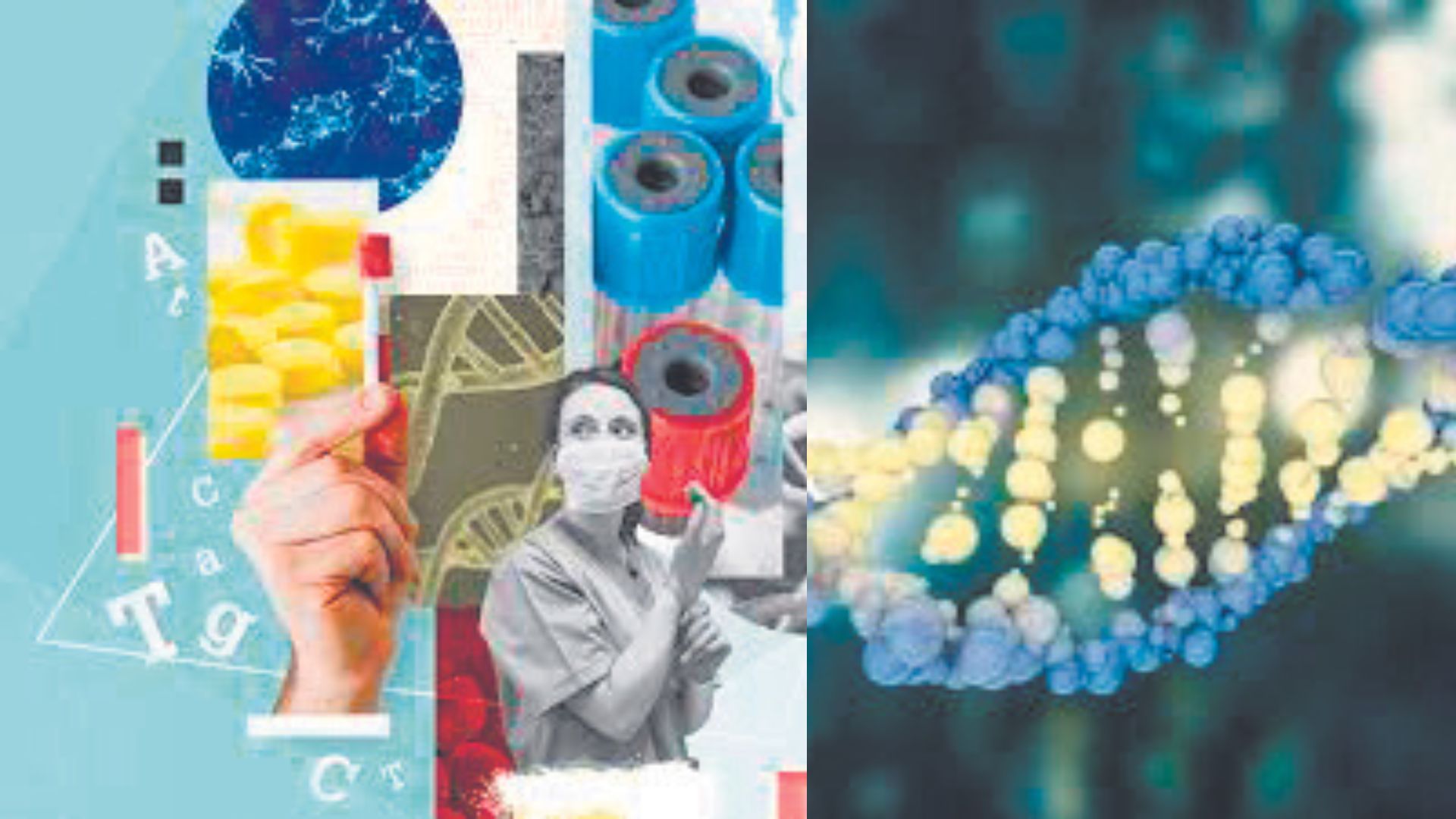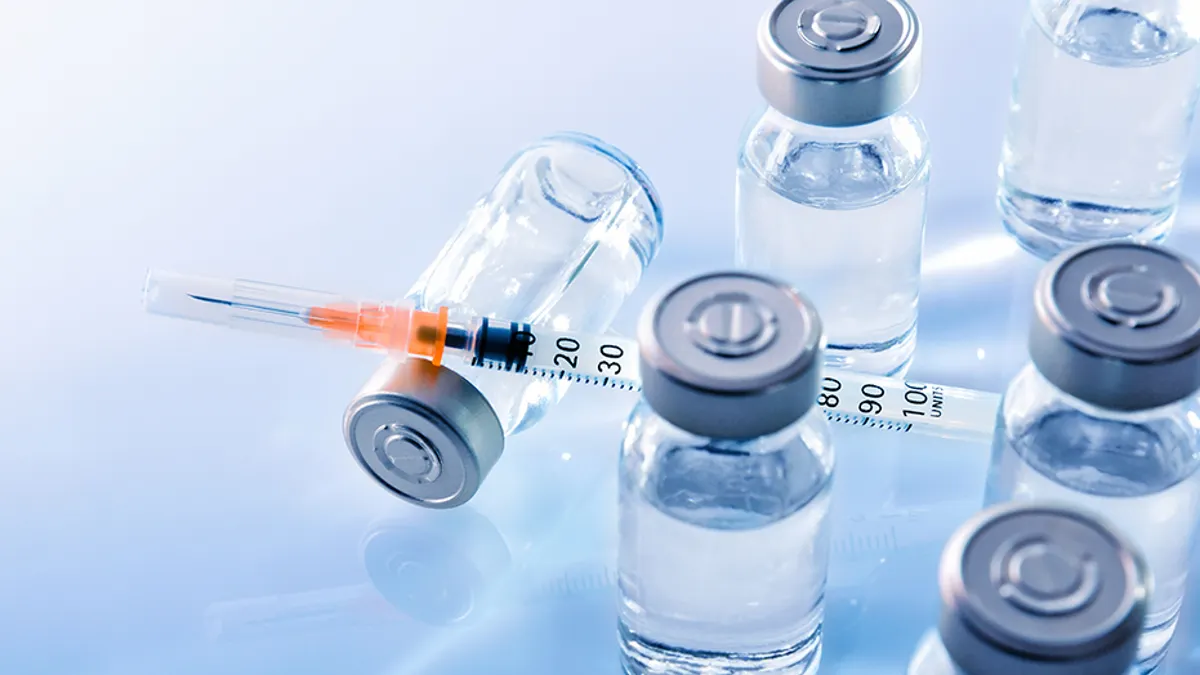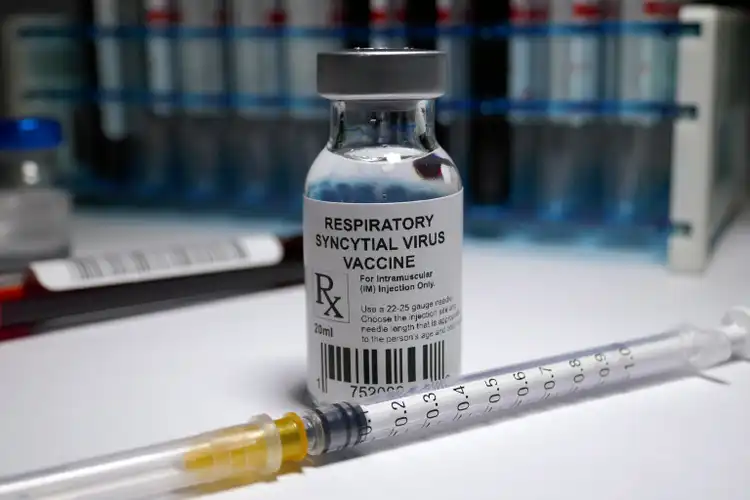Precision medicine in diagnostics aims to integrate traditional medicine with advancements in molecular diagnostics. In particular, molecular diagnostics serves as the driving force behind diagnostic and precision medicine endeavors. It involves examining biological markers at the molecular level to diagnose illnesses, evaluate risks, and customize treatments. This precision enables more precise diagnoses and personalized therapies.
How Molecular Diagnostics is Changing Medicine
The field of molecular diagnostics has revolutionized medicine like no other. While molecular biology has been around for a while, it wasn’t until the 1990s that genetics research led to groundbreaking discoveries of new genes and the development of DNA sequencing techniques. Over time, these advancements helped make testing processes smaller and more accessible for commercial use.
Today, molecular diagnosis has become practical and affordable, becoming a fundamental component of modern medical practices. Molecular tests are designed to detect unique DNA or RNA sequences. These sequences might not always indicate disease, but they provide valuable information to doctors about drug resistance, genetic predispositions, and the identification of pathogens.
The use of genetic analysis through molecular techniques allows doctors to identify specific nucleotide variations and genomic patterns. As a result, the term “precision medicine” has evolved to signify a highly personalized approach to healthcare. This level of precision enables doctors to predict how well certain medications and dosages will work for each individual patient.
Understanding Precision Medicine in DIAGNOSTICS
Precision medicine in diagnostics is a focused approach to healthcare that targets patients grappling with various lifestyle-related diseases. It revolves around delivering treatments and therapies precisely tailored to an individual’s genetic makeup, environmental influences, and lifestyle choices. What sets precision medicine in diagnostics apart is its recognition that each person possesses distinct genetic, environmental, and lifestyle factors.
Molecular precision medicine takes customization and personalization in healthcare to the next level, considering not only genetic composition but also environmental circumstances, lifestyle choices, and any unique conditions a patient may have. This comprehensive approach aims to optimize the effectiveness of medical interventions while minimizing any potential adverse effects.
In essence, precision medicine diagnostics strives to enhance outcomes and patient satisfaction by crafting treatments that are specifically tailored to the individual’s needs and characteristics.
Molecular Pathology and the Future
Over the past decade, molecular diagnostics has evolved from a futuristic concept into an indispensable tool in patient care. Looking ahead, molecular pathology will continue to play a pivotal role in advancing precision medicine. With ongoing innovations in technology and research, we can expect even greater integration of molecular diagnostics into patient care. This includes the development of more targeted therapies based on genetic and molecular profiles, as well as advancements in personalized treatment approaches. Additionally, increased accessibility, affordability, and efficiency of molecular testing will further enhance its impact on healthcare delivery.
Ultimately, molecular pathology will contribute to improved patient outcomes and the realization of the full potential of precision medicine in the years to come.
The author is the Director & Laboratory Head, City X- Ray & Scan Clinic Pvt Ltd














